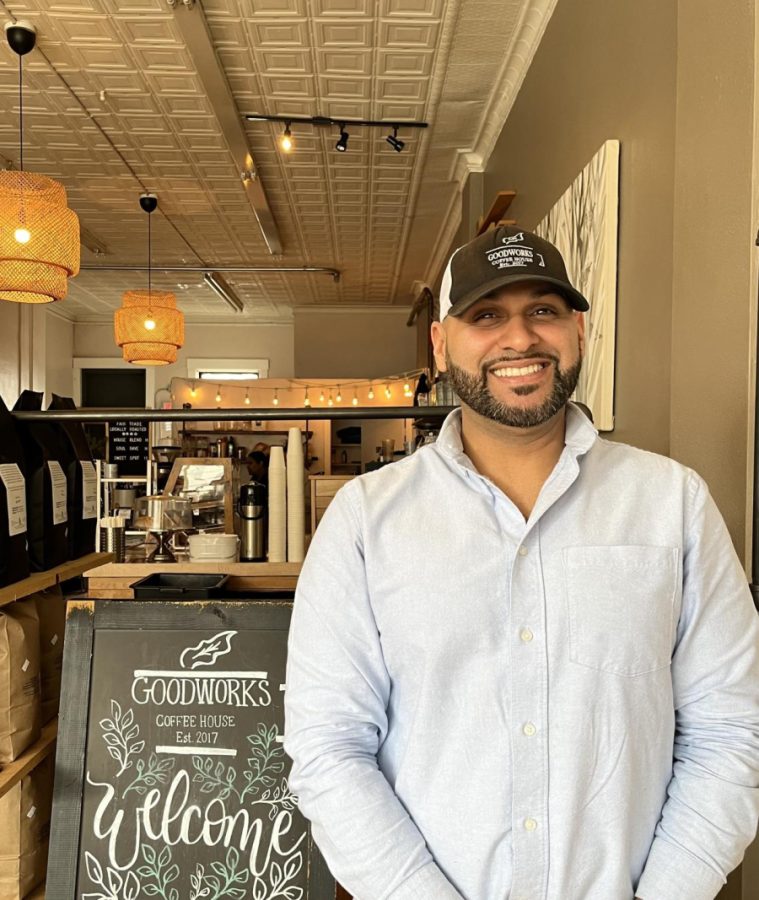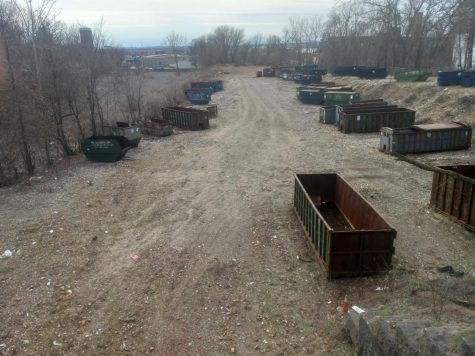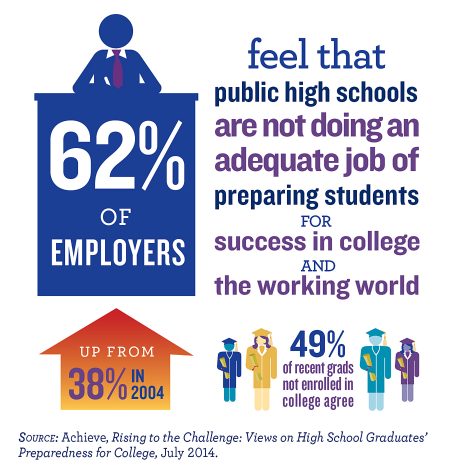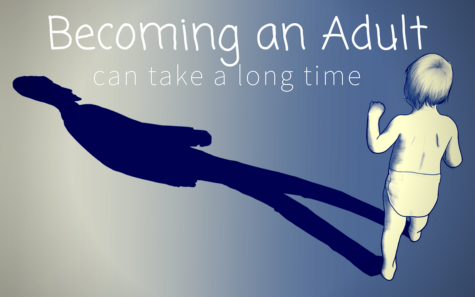How to Interrupt the Cycle of Abuse
April 30, 2021

Home is supposed to be a safe place where children grow and feel valued and protected. “You’re not loving enough” “It’s your fault” “You’d do this for me if you really loved me.” Parents who say these words to their children leave scars in the child’s mind. If the verbal abuse continues the consequences could spill into the child’s adult life.
Children who are verbally abused have later consequences in life. Depending on how severe the verbal abuse is it can lead to depression, low self-esteem, insecurity, low confidence, which can lead to substance abuse, alcohol abuse, and other means to deal with the pain.
One of the most painful types of verbal abuse comes from parents. Children trust their parents to love them and take their words to heart very seriously. Hurtful words from parents mess with the child’s brain some to control them, as well as manipulate the child to believe their words are true ingraining in the child’s mind a sense of worthlessness.
Some cases of verbal abuse resulted in disorders such as anxiety, depression, PTSD, Narcissistic, OCD, Borderline personality disorder, and paranoia, according to tested participants in a survey conducted by Lani Thompson at Walden University. While these mental disorders do not represent the majority of people who have suffered from verbal abuse, they are a possibility.
If children are aware that the verbal abuse they receive at home is not okay and that they can get help from schools it could reverse the damage done. Helping them to see what is normal and to be able to share their story with others would help the children to overcome their insecurities.
Unfortunately, verbal abuse compared to physical abuse falls under the radar of teachers. It is not talked about much and therefore goes mostly untreated. According to James Ryan who teaches AP Psychology, “if you are verbally abused especially growing up you come to see that as the norm this is what you can expect from other people. Not only is it okay but it is what is supposed to be done. This is how we ought to act.” This way of thinking leads the child into miserable adulthood. Talking about it with people who understand what they are going through and who can tell them that what they are experiencing is not normal can help abused children begin to develop a sense of self-worth and realize that they are valued.
Although being able to talk with people who have shared their experience is beneficial to the victim, there isn’t a way to safely have the victim relieve those moments of abuse that could cause more harm than good. “ A lot of it is based upon trust.” said Mr. Ryan “ I’m never against talking things out with other people. For a support network to exist just make sure you do it right. Because if done incorrectly you’re going to find yourself with more problems than you started with?” According to Mr. Ryan, in order to have a stable support group in a school, there will need to be a monitor must be there to ensure that there is a healthy way of dealing with feelings of helplessness.
“I remember one day when I was cleaning the dishes my parents came and started yelling at me that I wasn’t doing it right,” recalls a Commerce High School student.“So I went into my room and started drawing as that always calms me down when my parents came into my room and told me that I wasn’t good enough and that I would never finish my drawing because my skills weren’t enough and that I was useless.”
Many kids are now forced to stay with verbally abusive parents because of the recent pandemic. To help students combat the detrimental effects of verbal abuse by parents on children, there is a need for school-based, group therapy monitored by a professional counselor to allow the kids to talk about their experiences so they know that they are not alone in their situation.
If we allow verbal abuse to go on without being noticed then many of these kids may not be able to grow out of the words that have been thrown at them by their abusers.













